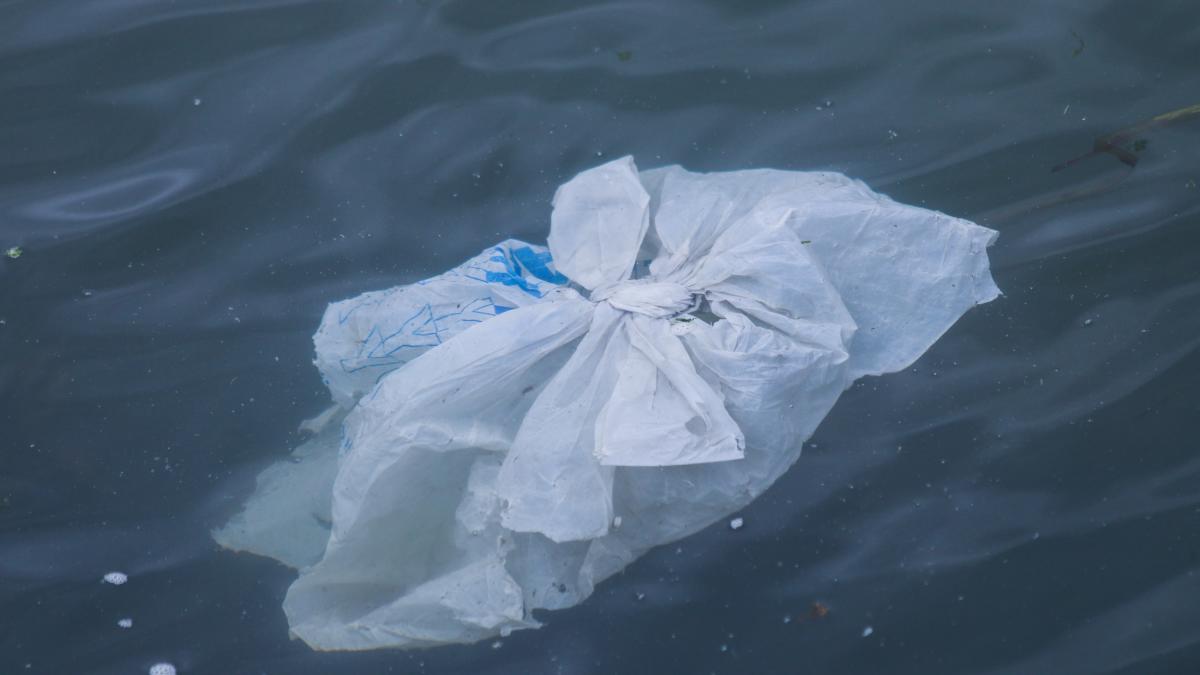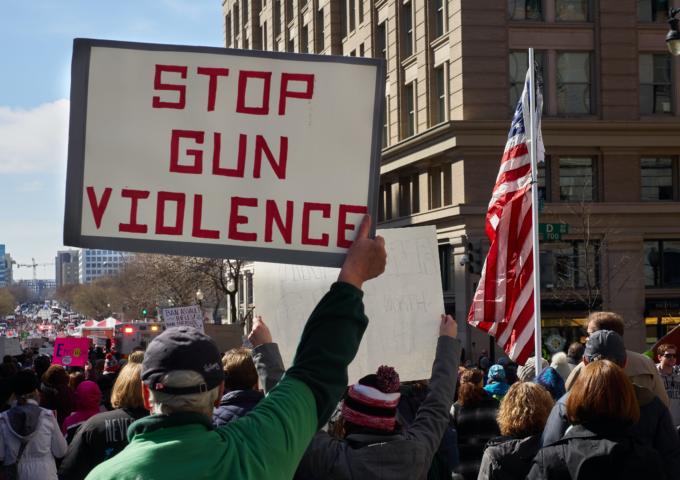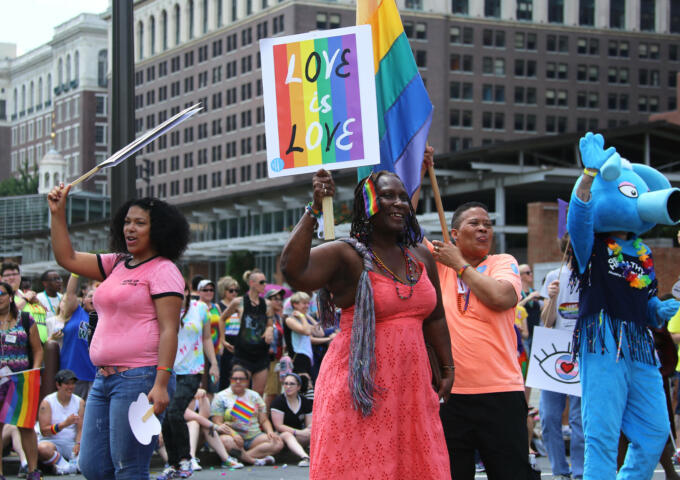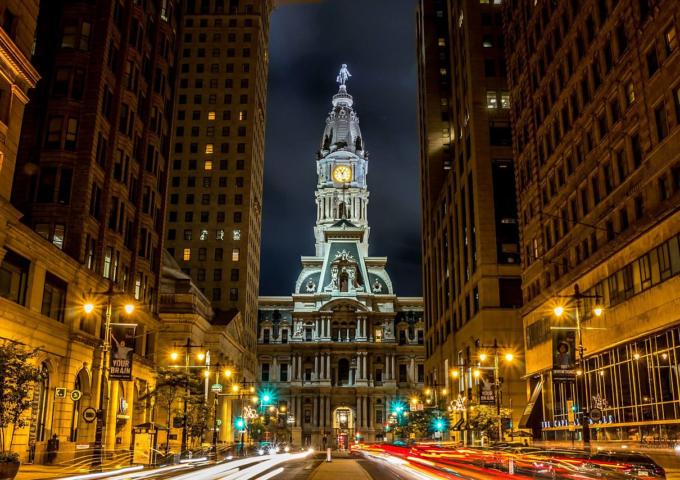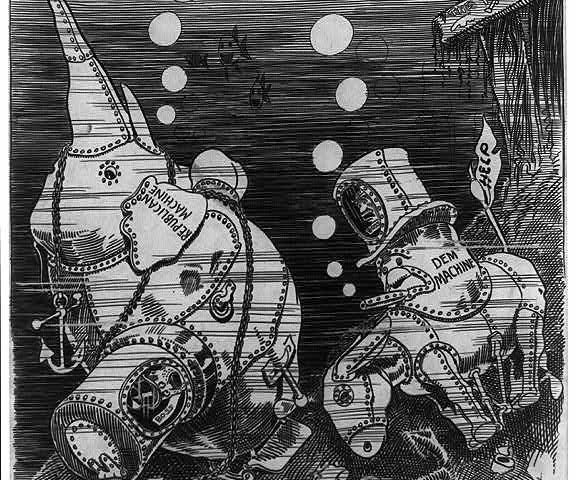Here comes the iron-fisted hand of the government: As of October, the city has banned single-use plastic bags.
I kid. The ban is inconvenient, annoying, and probably won’t do much to reduce trash on city streets, but it’s a small rule in a city full of them. The city has announced that it will fully enforce the ban by April – along with all the other rules, regulations, and restrictions for businesses and individuals. (And why delay enforcement until April 2022? Businesses have known of the incoming ban for years. But I digress).
The problem with the anti-bag ban goes beyond fights over conservation and street litter. It’s only a minorly bad law, and if it does make the streets cleaner, there’s at least a pragmatic argument in its favor.
The bigger issue here is that the bag ban, like the city’s soda tax, takes years to pass and uses up plenty of political capital for a small payoff. City politicians work on the small stuff – at the expense of bigger problems.
What’s better for Philadelphia’s environment: Harping on residents to shop with reusable bags and add more costs to local businesses, or creating effective bus lanes to make the city less car-dependent? Passing a soda tax, or raising street parking fees to reduce congestion? Cracking down on reckless driving so no pedestrians die within city limits, or passing a symbolic Council resolution that asks Congress to pass President Biden’s $3.5 trillion spending plan?
The responsibilities of local governance can be small, tedious, and boring, yet still necessary. Big issues aren’t the only important ones, of course, but big issues get less attention when the provincial priorities of Councilmembers focus on the trivial. With each trivial rule, regulation, and law, the costs to the public and to the city build.
At some point, enforcing small requirements isn’t worth the manpower they take. Social pressure or community groups to fix a problem would be better.
Philly has what’s called a state capacity problem: The city government likes to pretend that it can do more and has more control over Philadelphians than it does in reality. This pretension has two problems: 1) It makes politicians think they should do more instead of focusing on the tasks that need to be done, and 2) It burdens city workers with impossible tasks.
Garbage collectors in Kensington can’t keep the streets clean when open-air drug markets and homeless encampments aren’t controlled. Social services can’t give locals the support they need to flourish in life if violence is left unchecked. The problems are interconnected here. It’s better to see the flaws at hand and ask, “Is another small rule more important than dealing with this big issue?”
Even dealing with street litter, there’s a trade-off. City resources could do more by hiring more people to pick up trash instead of fining businesses that use plastic bags. If businesses shift to bags that are at least 40% recycled material (exempt from the ban), then we have yet another city rule with no change in street trash.
The solution here is for a little more humility in rule-making. Dwell more on what Philadelphia can actually do and less on what it would be nice to do. Let’s wait to expand on the problems to tackle until we’ve demonstrated some success.
Corner stores and take-out places have enough to worry about. City beautification is great – but, in the future, let’s focus on bigger problems and not get hung up on the small fry ideas.
